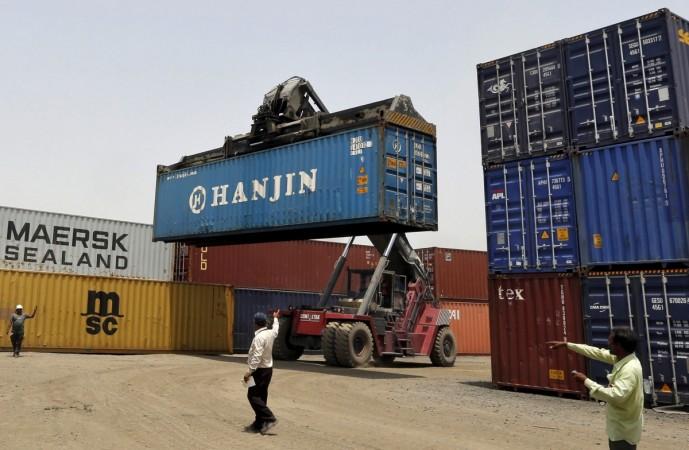
India's foreign exchange may have scaled a new high at $355 billion, but the country needs another $60 billion to weather uncertainties arising out of 'sustained volatility in global markets', says HSBC India in its research note.
The global financial services firm is of the view that the country's 'peculiar characteristics and experience' in recent crises indicate that it requires the extra reserves to withstand 'protracted tightness in global financial conditions'.
"We estimate an additional $60 billion of reserves, taking overall holdings to $420 billion, could take care of key vulnerabilities (such as unhedged external commercial debt, short-term external debt and portfolio outflows)," says HSBC India Chief Economist Pranjul Bhandari in his note, according to The Economic Times.
The note says India's foreign reserves eroded by $20 billion during 'taper tantrum' in 2013.
'Taper tantrum' is referred to the sell-off in global financial markets triggered after the former US Federal Reserve chairman Ben Bernanke hinted at reduction in the central bank's bond purchases in May 2013.
Nevertheless, India has now recovered more than four times the amount it lost during those turbulent months in 2013, says the note.
Falling crude oil prices and huge foreign capital inflows have helped the country to increase its foreign reserve in recent times.
"At present, with about $360 billion (including $5.2 billion of net forward position) in reserves, India boasts of an import cover which is three times as large as the International Monetary Fund (IMF's) recommended value of three months," Bhandari says in his note.
However, the $60 billion increase in foreign exchange reserves would cost $3.2 billion to the country. "Anything more than this could really start hurting the fiscal balance," the note adds.
"Ultimately keeping the macro house in order, like lowering the twin deficits and inflation sustainably and increasing potential growth, is more important than reserve accumulation, as it can single-handedly make the economy resilient to shocks," says Bhandari's note.








